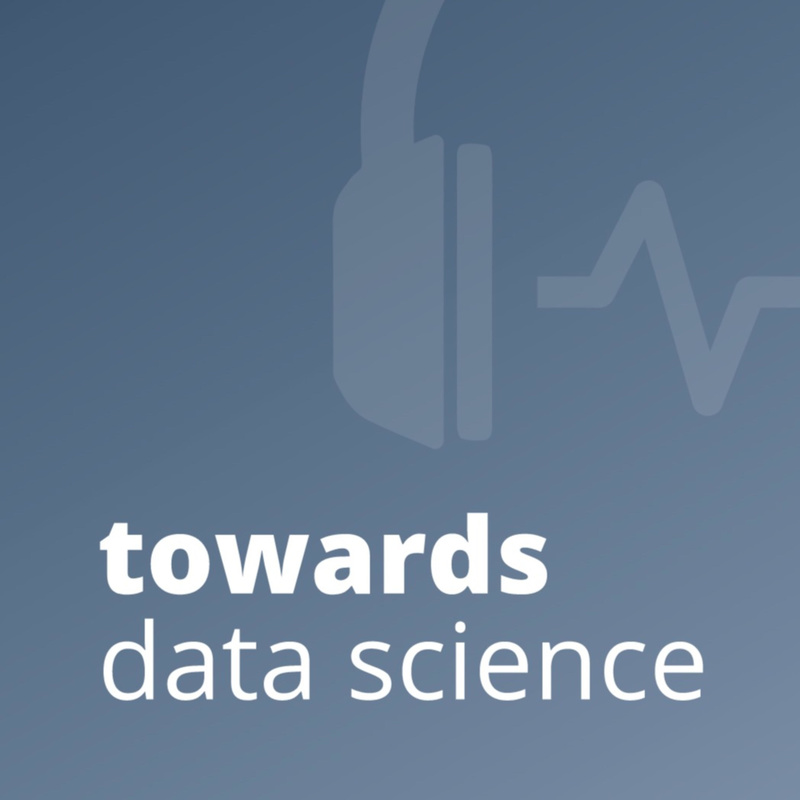
This episode currently has no reviews.
Submit Review- Podcast |
- Towards Data Science
- Publisher |
- The TDS team
- Media Type |
- audio
- Categories Via RSS |
- Technology
- Publication Date |
- Dec 08, 2021
- Episode Duration |
- 00:49:53
Historically, AI systems have been slow learners. For example, a computer vision model often needs to see tens of thousands of hand-written digits before it can tell a 1 apart from a 3. Even game-playing AIs like DeepMind’s AlphaGo, or its more recent descendant MuZero, need far more experience than humans do to master a given game.
So when someone develops an algorithm that can reach human-level performance at anything as fast as a human can, it’s a big deal. And that’s exactly why I asked Yang Gao to join me on this episode of the podcast. Yang is an AI researcher with affiliations at Berkeley and Tsinghua University, who recently co-authored a paper introducing EfficientZero: a reinforcement learning system that learned to play Atari games at the human-level after just two hours of in-game experience. It’s a tremendous breakthrough in sample-efficiency, and a major milestone in the development of more general and flexible AI systems.
---
Intro music:
➞ Artist: Ron Gelinas
➞ Track Title: Daybreak Chill Blend (original mix)
➞ Link to Track: https://youtu.be/d8Y2sKIgFWc
---
Chapters:
- 0:00 Intro
- 1:50 Yang’s background
- 6:00 MuZero’s activity
- 13:25 MuZero to EfficiantZero
- 19:00 Sample efficiency comparison
- 23:40 Leveraging algorithmic tweaks
- 27:10 Importance of evolution to human brains and AI systems
- 35:10 Human-level sample efficiency
- 38:28 Existential risk from AI in China
- 47:30 Evolution and language
- 49:40 Wrap-up
This episode currently has no reviews.
Submit ReviewThis episode could use a review! Have anything to say about it? Share your thoughts using the button below.
Submit Review